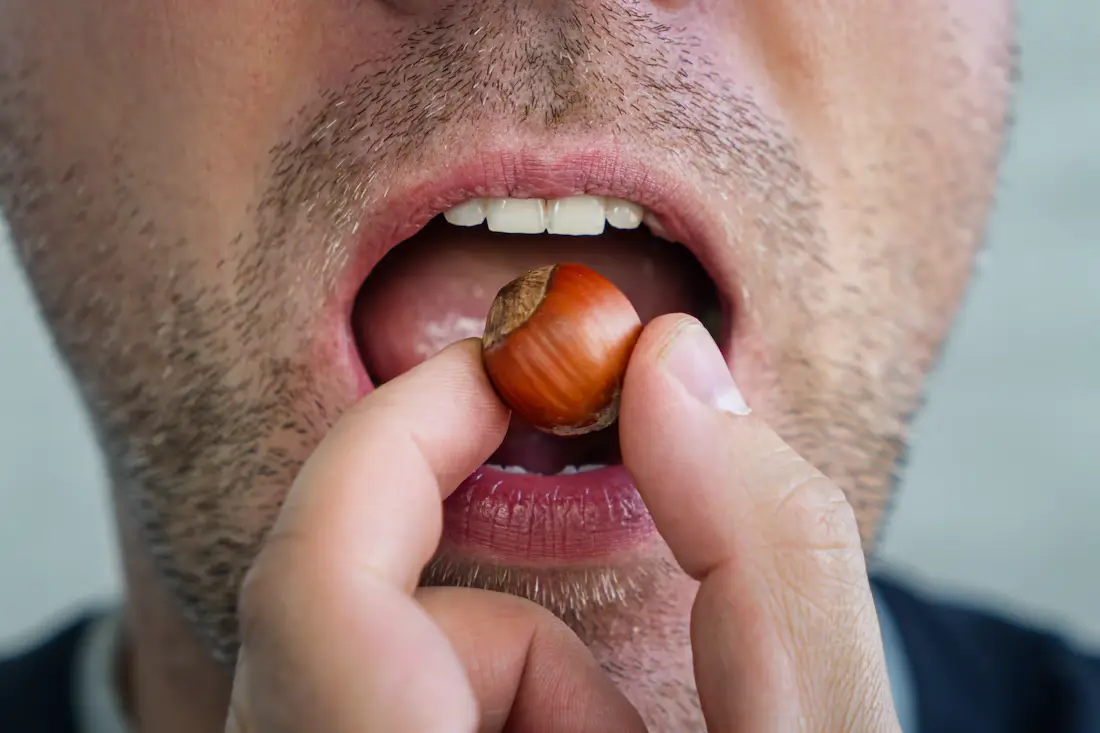Cracked Tooth

Cracked teeth and fractures are extremely common dental problems. As people maintain their natural teeth longer (because of advances in dental technology), the likelihood of cracked teeth increases. There are many reasons why teeth may crack, including chewing hard objects, clenching or grinding, and trauma. These behaviors place the teeth under extra strain and render them more vulnerable to fracturing.
When tooth enamel is damaged, pain and sensitivity can become momentarily debilitating. Without any pressure on the tooth, there may be no pain or sensitivity. However, as the damaged tooth is used to chew, the crack widens. The pulp and inner nerve endings of the tooth become exposed, and pain occurs. As pressure is released, the edges of the defect fuse back together, and pain subsides. If left untreated, the tooth nerve becomes irreversibly damaged or constantly painful. The subsequent pulp infection can damage the soft tissue and jawbone surrounding the tooth.
Which fractures are more harmful to the teeth?
There are several ways in which a tooth can be damaged. The depth of fracture will indicate what type of treatment is ideal. In cases where the crack is not deep, root canal therapy can restore the tooth, and the tooth can remain in the mouth. However, if the tooth is too deeply fractured, it requires a tooth extraction.
Here is a highlight of some of the most frequently seen cracks:
- Crazes - These are typically tiny vertical cracks that don’t place the teeth in danger. These shallow scratches of the teeth are considered by most Brooklyn dentists to be a normal part of the tooth anatomy. This type of fracture rarely requires treatment, but a wide variety of cosmetic treatments can be performed to minimize their negative cosmetic impact.
- Oblique supragingival cracks - These cracks only affect the crown of the tooth and don’t extend below the gum line. Often, the fractured part of the tooth will eventually break off. Usually, little or no pain is experienced because the pulp (that houses the nerves) will remain intact.
- Oblique subgingival cracks - These cracks go below the gum line and often below where the alveolar bone begins. When a piece of tooth breaks off, it will usually stay attached until the dentist removes it. Oblique subgingival cracks may be very painful and require both periodontal treatment (to expose the anatomic crown) and endodontic treatment to place a porcelain crown or other restorative procedures.
- Vertical furcation cracks - These occur when the roots of the tooth separate. This almost always damages the nerve. Since the tooth does not generally separate completely, root canal therapy in Brooklyn, NY, and a dental crown can restore the tooth.
- Vertical apical root cracks - This type of fracture occurs at the tip of the root. Though the tooth does not necessarily require a tooth extraction from a health perspective, patients often request the tooth to be removed because of tooth pain. Endodontic therapy alleviates the pain for a while, but most often, teeth that have such fractures are extracted.
- Oblique root cracks - These cracks tend not to damage the surface of the tooth. In fact, the damage is only apparent under the gum line and often below the alveolar bone. Endodontic therapy may be possible, depending on how close the fracture is to the tooth surface. However, tooth removal is almost always the only option after sustaining this type of fracture.
How are teeth cracks treated?
There are several types of cracked teeth. Some can be detected using digital X-ray machines, while others are visible to the naked eye. In cases where the tooth root is damaged, a root canal treatment is the most viable option. The nerves and vessels of the tooth will be removed, and the resulting space will be filled with gutta-percha. A crown or tooth filling will be used to stabilize the tooth, and it will continue to function as normal.
If the crack is too deep for the tooth to be saved, your dentist, Dr. Shahin, will perform a tooth removal. There are several dental restorative options in this case, such as dentures, fixed partial dentures, and dental implants. All of these structures can restore chewing, biting, and speaking functions.
If you have any questions or concerns about cracked teeth in Brooklyn, NY, Crown Heights, Fort Greene, Clinton Hill, Prospect Park, Park Slope, or any other neighborhoods please contact Brooklyn Dental Spa.